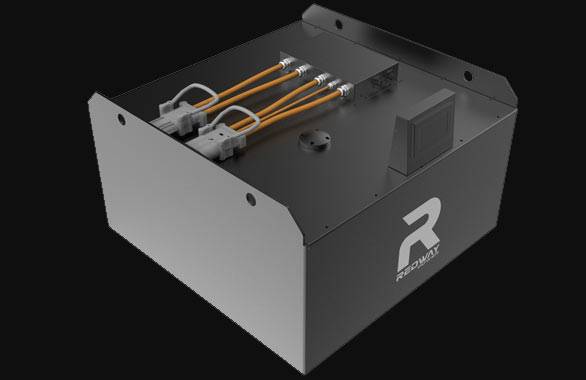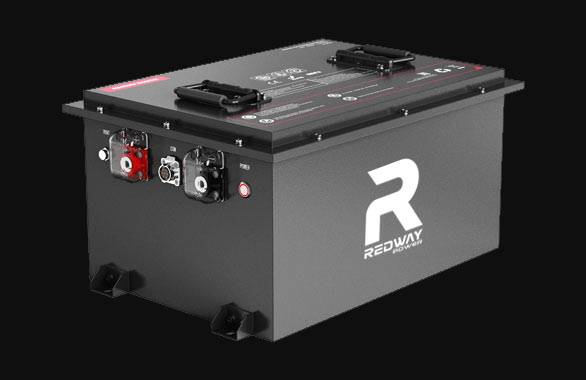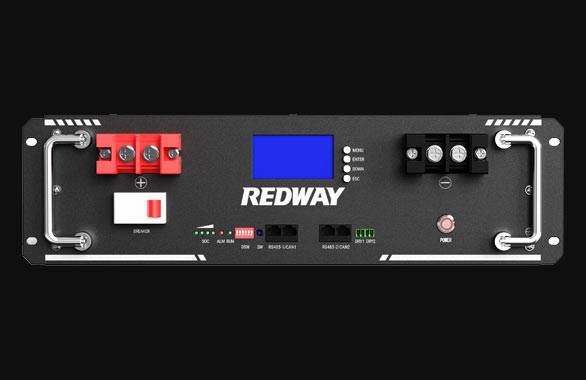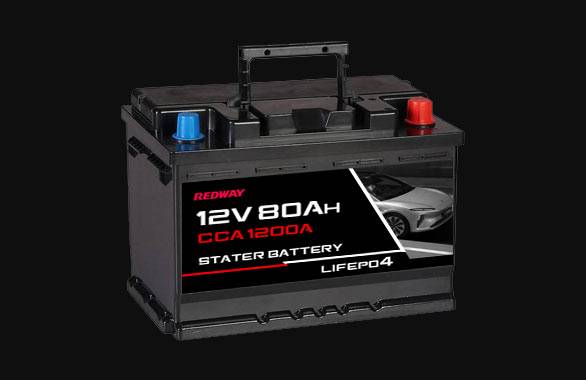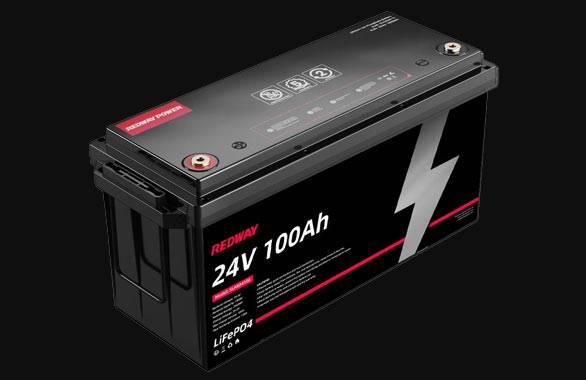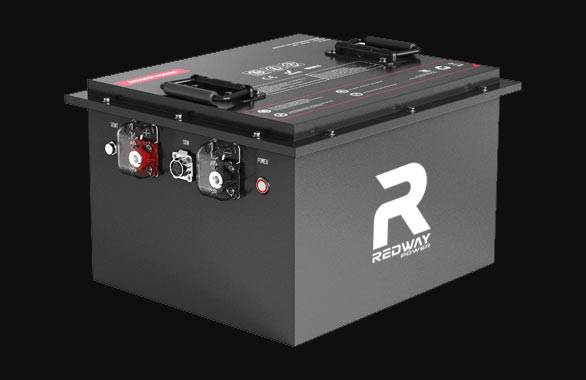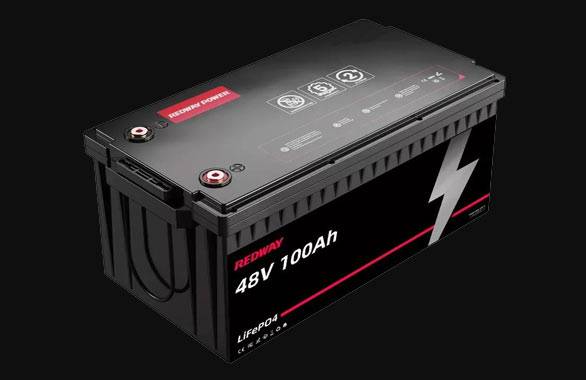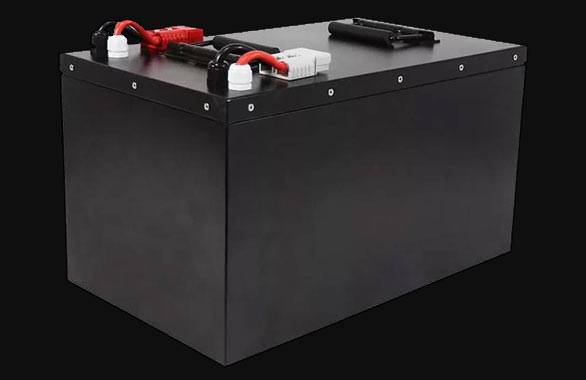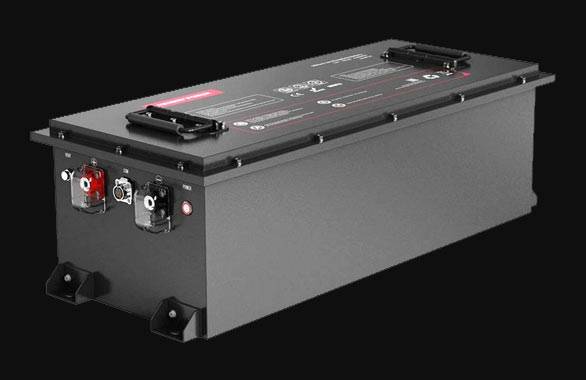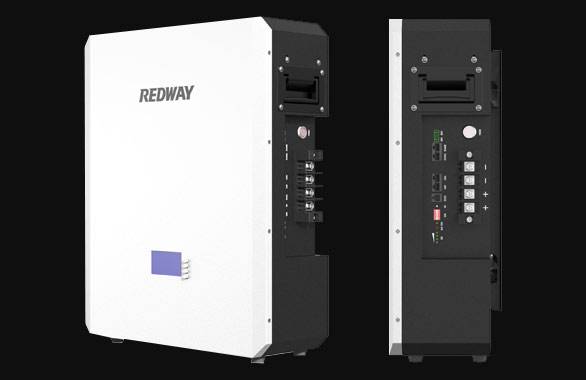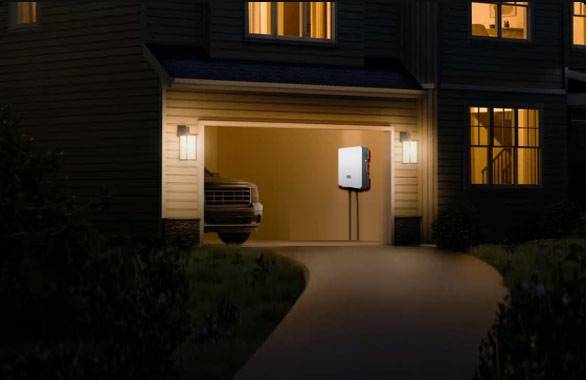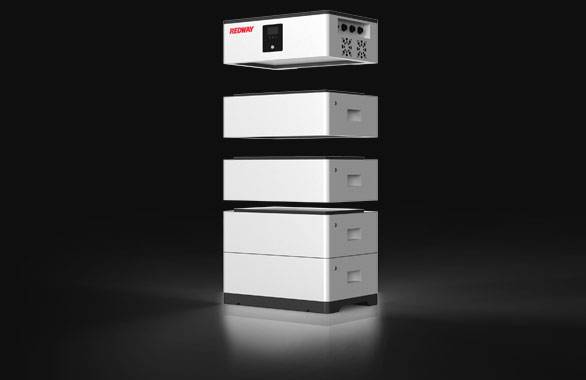- Forklift Lithium Battery
- Golf Cart Lithium Battery
- Rack-mounted Lithium Battery
51.2V 100Ah Rackmount LiFePO4 Battery
8000 times (80% DOD 0.5C)
Optional SNMP for TELECOM - Car Starter Battery
- 12V LiFePO4 Battery
12V 150Ah Lithium RV Battery
Bluetooth App | Self-heating
LiFePO4 | Group 31
UL 1642 | IEC 62619 - 24V LiFePO4 Battery
- 36V LiFePO4 Battery
- 48V LiFePO4 Battery
- 60V LiFePO4 Battery
60V 100Ah Lithium Battery (AGV, AMR, LGV)
Peak Discharge Current 400A
500 x 298 x 349 mm - 72V~96V LiFePO4 Battery
72V 100Ah Lithium Golf Cart Battery
Peak Discharge Current 315A (10S)
740 × 320 × 246 mm - Wall-mounted Lithium Battery
51.2V 100Ah 5kWh
Wall-mounted Battery532 x 425 x 170 mm / LiFePO4
>8000 Cycles (80% DOD 0.5C)
RS485 / CAN-bus
for Solar Home ESS - Home-ESS All-in-One
51.2V 32kWh
All-in-On HESS SystemPowerAll
51.2V / LiFePO4
>8000 Cycles (80% DOD 0.5C)
RS485 / CAN-bus / WiFi
All-in-One for Home ESS
How to Charge Golf Cart Battery Efficiently?
Charging golf cart battery is essential for maintaining optimal performance and longevity. Proper charging techniques prevent battery damage, extend lifecycle, and ensure reliable power for golf cart operations.
How Do You Properly Charge a Golf Cart Battery?
Properly charging a golf cart battery involves using a compatible charger, charging in a well-ventilated area, and following manufacturer guidelines. Overcharging or undercharging can reduce battery lifespan. Always ensure the charger voltage matches the battery specifications and monitor charging time to avoid damage.
Golf cart batteries require a controlled charging process where voltage and current are regulated. Using advanced chargers designed for lithium or lead-acid batteries (depending on your type) ensures safety and efficiency. Manufacturers like Redway Power provide specific charging recommendations for lithium-based batteries to maximize performance.
What Are the Signs of a Fully Charged Golf Cart Battery?
A fully charged golf cart battery typically shows a stable voltage level (around 12.6-13.8 volts per cell for lead-acid batteries) and no longer accepts charging current. Charger indicators usually turn green or stop blinking when full charge is reached.
Other signs include the absence of electrolyte bubbling in flooded batteries and a steady resting voltage after disconnection from the charger. Using smart chargers with automatic shut-off prevents overcharging and helps identify when a battery reaches full capacity.
Which Charging Methods Are Best for Different Golf Cart Battery Types?
Different golf cart battery types, such as lead-acid, AGM, and LiFePO4, require specific charging methods:
-
Lead-acid batteries use multi-stage chargers with bulk, absorption, and float phases.
-
AGM batteries benefit from controlled voltage chargers with temperature compensation.
-
Lithium iron phosphate (LiFePO4) batteries require constant current/constant voltage (CC/CV) chargers with precise cut-off to avoid damage.
Redway Power specializes in OEM lithium batteries engineered for fast charging and long cycles, providing customized chargers compatible with LiFePO4 chemistry for optimized golf cart battery performance.
Why Is Battery Maintenance Important During Charging?
Battery maintenance during charging is crucial to prevent sulfation, overheating, and electrolyte loss. Proper maintenance ensures consistent capacity, safety, and durability of golf cart batteries over time.
Charging routines like equalization (for lead-acid), cleaning terminals, and checking electrolyte levels improve battery health. Using manufacturers’ recommended chargers and following maintenance schedules—practices advocated by Redway Power—help prolong battery life and reduce downtime.
Who Are the Leading Manufacturers and Suppliers of Golf Cart Batteries in China?
China hosts top manufacturers and suppliers specializing in golf cart batteries, including OEMs like Redway Power in Shenzhen, known for producing high-quality lithium batteries with ISO 9001:2015 certification. These factories offer customizable battery solutions for wholesale and OEM clients worldwide.
Many Chinese suppliers combine advanced MES-controlled production lines with large-scale capacity, enabling bulk supply of reliable batteries for golf carts. Redway Power stands out due to its 13+ years of experience and tailored OEM capabilities for energy storage and mobility applications.
When Should You Replace Your Golf Cart Battery After Charging Issues?
You should consider replacing your golf cart battery when it consistently fails to hold charge, shows degraded voltage under load, or suffers from physical damage after frequent charging problems.
Typical lifespan varies by battery type: lead-acid batteries last 3-5 years, while LiFePO4 batteries can last 7-10 years. Persistent charging issues like sulfation or internal shorts indicate end of service, so proactive replacement avoids operational downtimes.
Where Can Businesses Source High-Quality OEM Golf Cart Batteries Wholesale?
Businesses looking for high-quality OEM golf cart batteries can source from trusted Chinese factories such as Redway Power. These suppliers offer bulk purchasing with customizable options meeting international standards, supported by comprehensive after-sales services.
Wholesale partnerships with such manufacturers ensure competitive pricing, flexible packaging, and tailored battery voltages (24V–80V), suitable for various golf cart models, pallet jacks, and light electric vehicles.
Does Fast Charging Affect Golf Cart Battery Lifespan?
Fast charging can impact battery lifespan, particularly if not managed by intelligent chargers. Rapid charging increases heat and chemical stress, potentially reducing cycle life if not optimized.
However, Redway Power’s lithium batteries are engineered for fast charging with enhanced thermal management and durable cells, allowing quicker recharge without compromising longevity— ideal for commercial golf cart fleets requiring minimal downtime.
Has Technology Improved Golf Cart Battery Charging Efficiency?
Yes, advances like smart chargers, improved battery chemistries (LiFePO4), and better thermal management have significantly increased charging efficiency and battery lifespan.
Modern chargers from OEM suppliers like Redway Power incorporate features such as real-time voltage monitoring, adaptive charge rates, and automatic cutoff, preventing overcharge and optimizing energy use.
Battery Charging Cycle Comparison Table
| Battery Type | Recommended Charge Method | Charging Time (Typical) | Cycle Life (Approx.) | Fast Charge Compatible? |
|---|---|---|---|---|
| Lead-Acid | Multi-stage (Bulk, Float) | 6-8 hours | 300-500 cycles | No |
| AGM | Regulated Voltage with Temp | 4-6 hours | 400-700 cycles | Limited |
| LiFePO4 (Redway) | CC/CV Intelligent Charger | 2-4 hours | 2000+ cycles | Yes |
How Can Golf Cart Battery Charging Be Optimized in a Factory Setting?
In factory or wholesale environments, optimizing golf cart battery charging involves using automated charging stations with built-in safety protocols, capacity monitoring, and temperature controls.
Factories like Redway Power implement MES-controlled production aligned with battery testing and quality assurance, ensuring consistent batch performance. Incorporating smart chargers with data-logging enhances charging precision and reduces operational risks.
Redway Power Views
“At Redway Power, we believe that efficient golf cart battery charging is a cornerstone of reliable electric mobility solutions. Our OEM lithium batteries combine fast charging capabilities with long-lasting durability, tailored for demanding industrial and commercial applications. We prioritize innovation—integrating smart charging systems and quality manufacturing—to empower our global partners with dependable energy storage. By bridging advanced technology with strict production standards, Redway Power continuously evolves to meet the dynamic needs of the market and our customers.”
Conclusion
Efficient charging of golf cart batteries is crucial for maximizing performance, lifespan, and safety. Using the correct charging method tailored to the battery type prevents damage and operational downtime. As a leading OEM manufacturer and supplier in China, Redway Power offers lithium battery solutions engineered for fast charging, high efficiency, and long cycle life. Businesses sourcing wholesale from reliable manufacturers benefit from customized products, optimized charging technologies, and professional support. Proper maintenance, monitoring, and choosing advanced batteries like those from Redway Power guarantee sustained power and cost savings for golf cart applications.
Frequently Asked Questions
Q1: How often should golf cart batteries be charged?
A: Golf cart batteries should be charged after each use or whenever the battery level drops below 50% to prevent sulfation and maintain capacity.
Q2: Can you use a regular car charger for a golf cart battery?
A: No, golf cart batteries require chargers designed for their specific voltage and chemistry to ensure safe and efficient charging.
Q3: What is the best battery type for golf carts?
A: LiFePO4 lithium batteries are preferred for their longer lifespan, faster charging, and lighter weight compared to traditional lead-acid types.
Q4: How does temperature affect golf cart battery charging?
A: Charging efficiency drops in extreme cold or heat; maintaining a controlled environment and temperature-compensated chargers helps improve battery health.
Q5: Can wholesale buyers customize golf cart batteries?
A: Yes, leading Chinese manufacturers like Redway Power offer OEM customization for voltage, capacity, and form factor to meet specific client needs.


